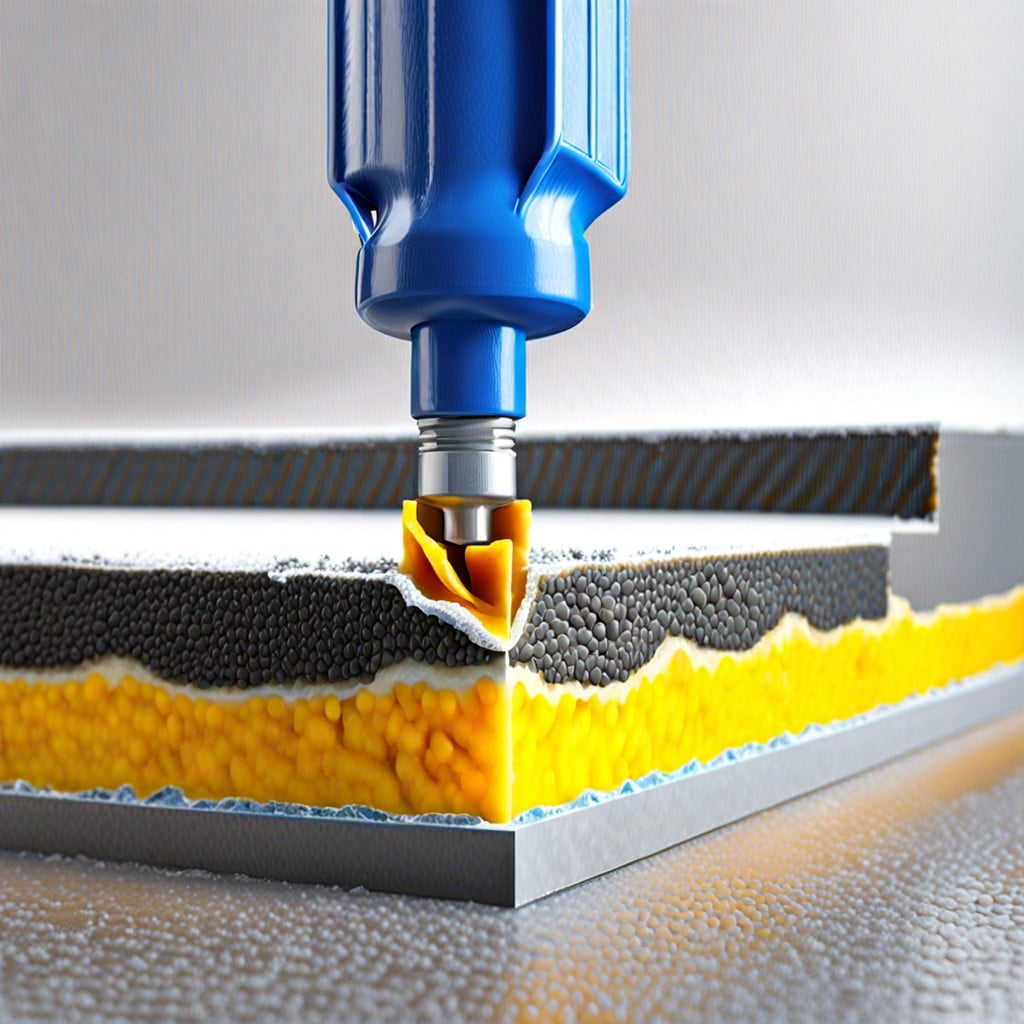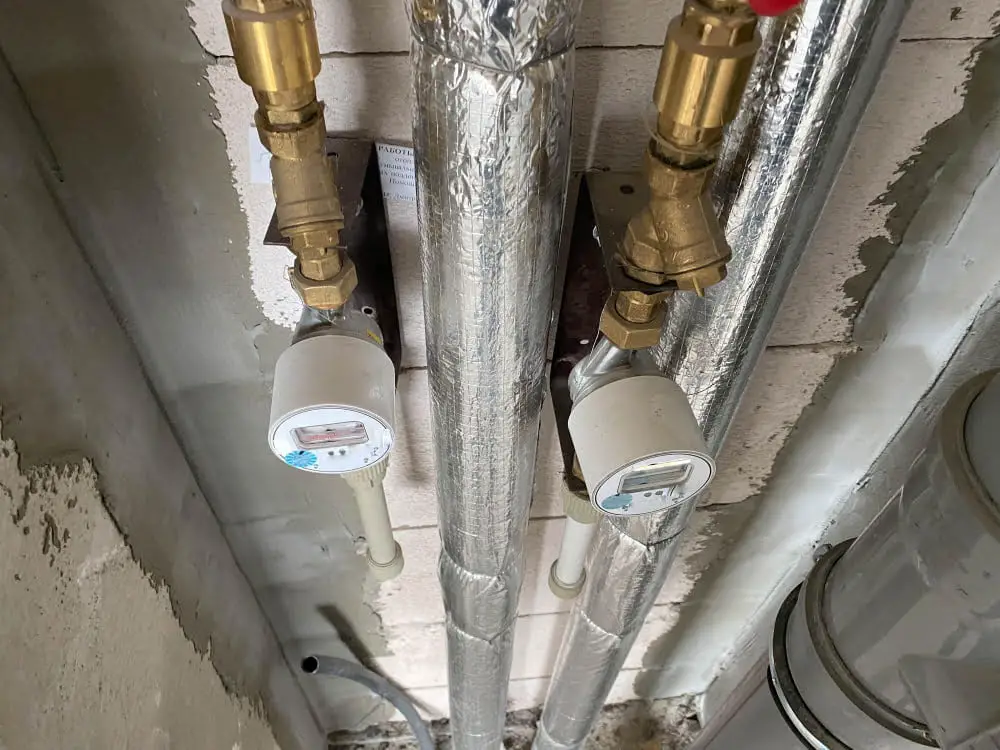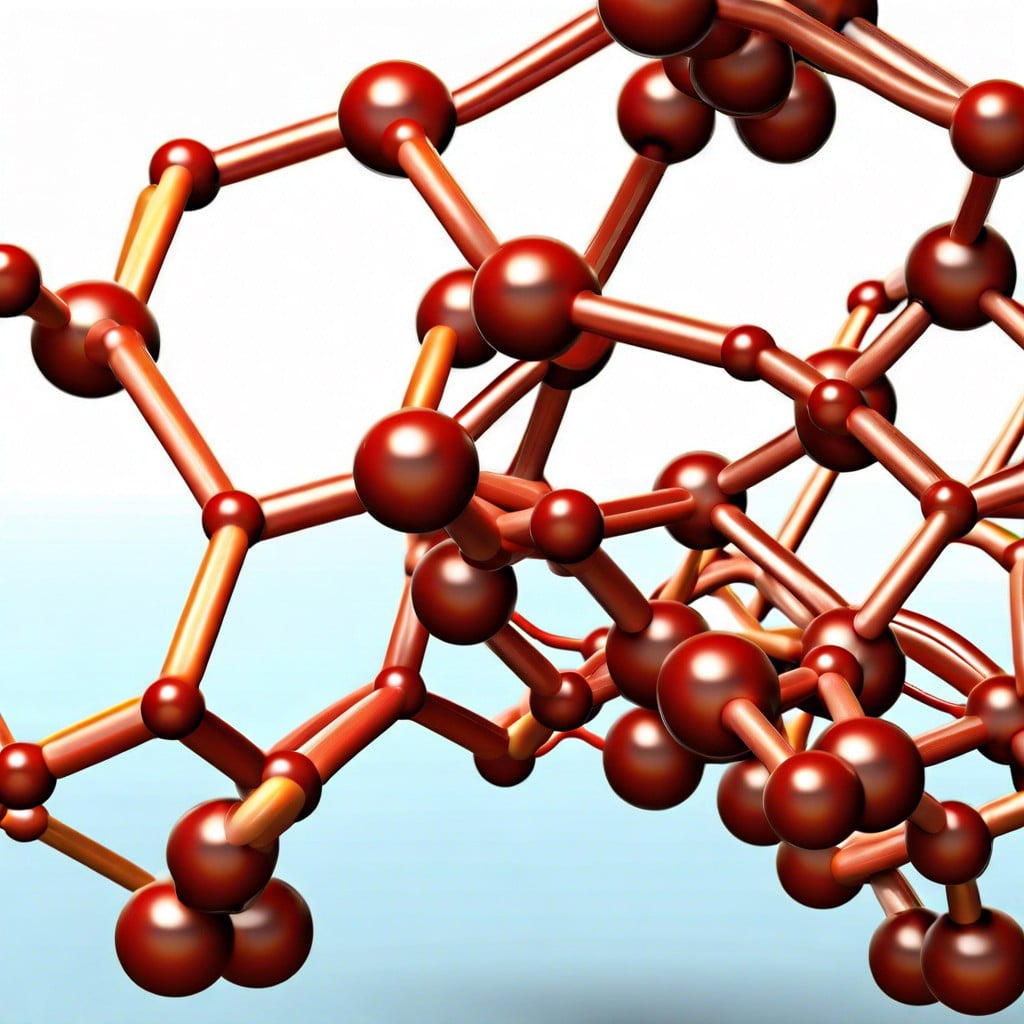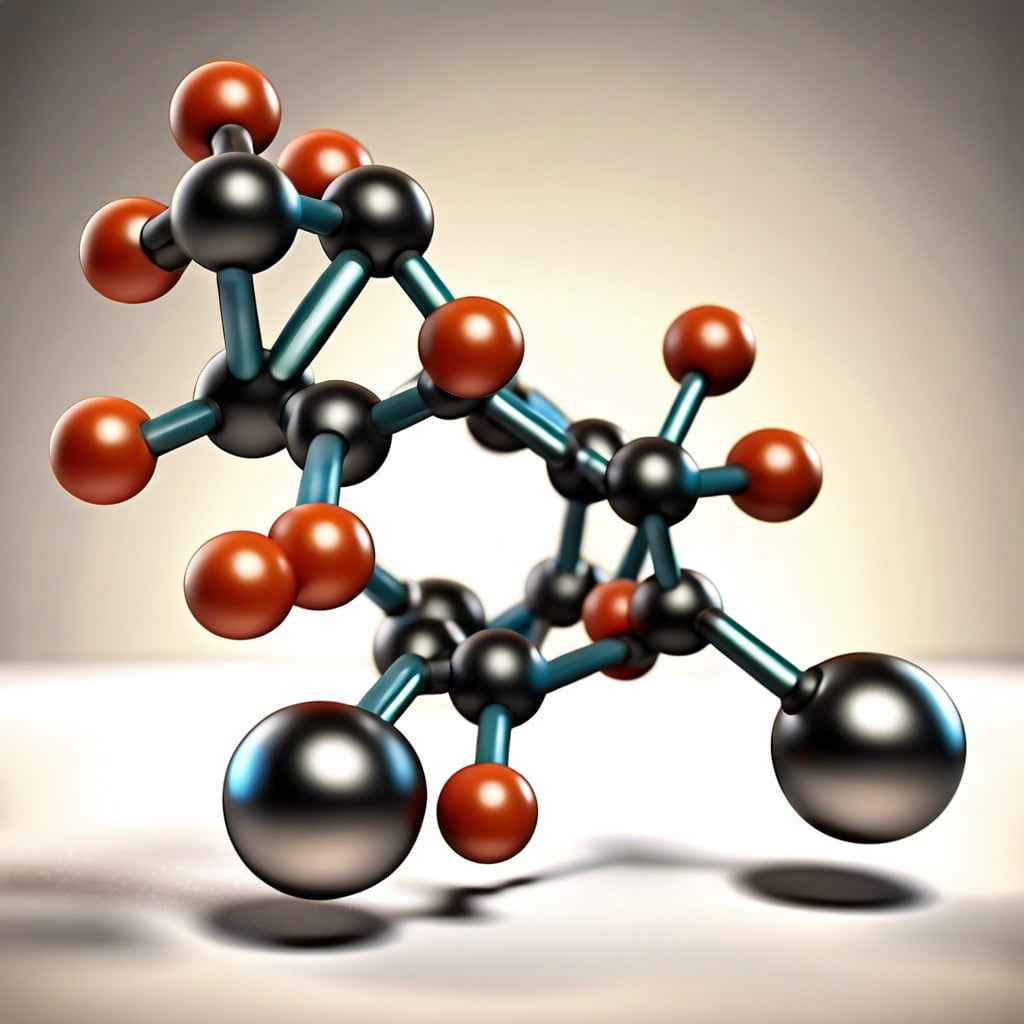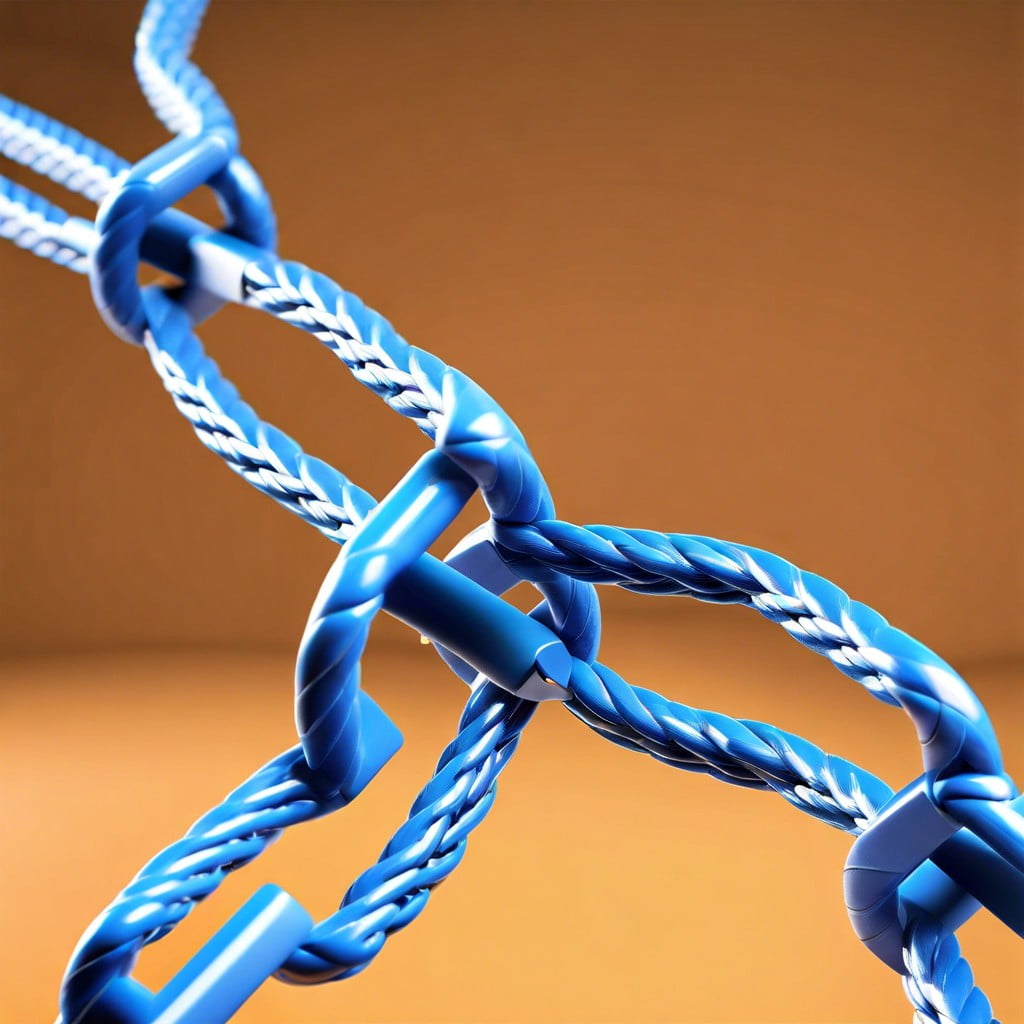Discover how MS Polymer can revolutionize construction materials by providing strong, durable, and versatile bonding solutions.
Key takeaways:
- MS Polymers™ are a fusion of silicone and polyurethane technologies.
- They cure at room temperature without added solvents.
- They offer superior bonding strength, elasticity, and durability.
- MS Polymers™ are environmentally friendly and have low VOC emissions.
- They have versatile applications in construction, automotive, and electronics.
What You Will Learn
Basic Chemistry & Curing of MS Polymers™
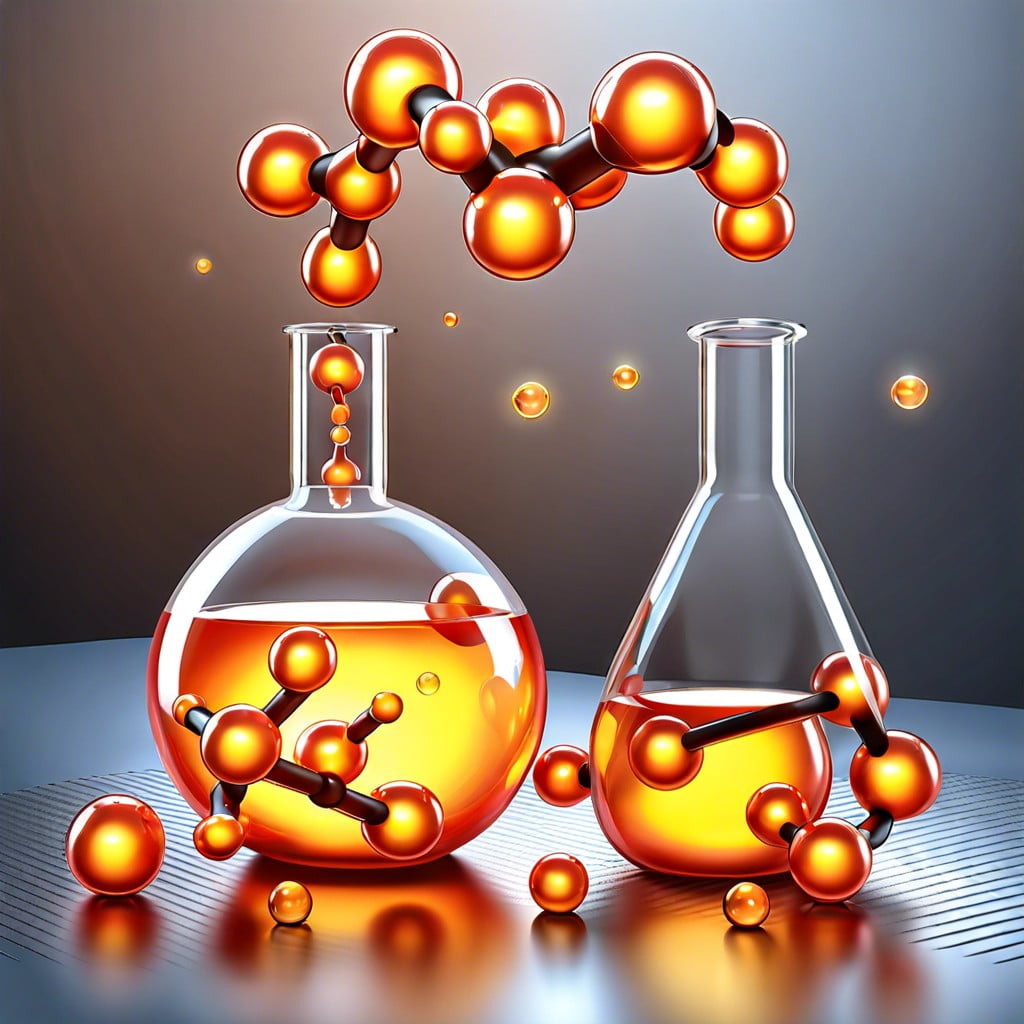
MS Polymers™, or Modified Silane Polymers, are a fusion of silicone and polyurethane technologies. At their core, these polymers contain a silane group that is responsible for their ability to cure. When exposed to moisture in the air, a cross-linking reaction occurs, allowing the polymer to cure at room temperature without the need for added solvents.
This curing process begins with the hydrolysis of silane groups which then form silanol groups. These groups interact with each other to produce a strong, flexible network, which results in a solid adhesive or sealant. The rate of curing and the final properties of the material can be adjusted by altering the formulation, making MS Polymers™ highly versatile in application.
No external energy is required for this curing process, making it environmentally friendly. Additionally, the byproducts of the reaction are typically harmless, often just ethanol or methanol, minimizing occupational hazards and contributing to a safer work environment.
Easy to manipulate, MS Polymers™ allow chemists and developers to create products with tailored properties suited for a wide range of industries, including construction, automotive, and electronics.
Key Properties and Performance of MS Polymers™
MS Polymers™, known for their versatility, combine the best attributes of silicone and polyurethane. This hybrid nature results in adhesives and sealants that offer superior bonding strength and elasticity. Such properties make them ideal for use in a wide range of construction materials, including those that experience frequent temperature changes.
Despite their strength, these polymers are remarkably accommodating of movement. They can expand or contract without losing their gripping power. This durability is complemented by an impressive resistance to weathering, moisture, and UV rays, making them suitable for both indoor and outdoor applications.
One of the most valued features of MS Polymers™ is their environmental and safety profile. They are solvent-free, meaning they emit very low levels of volatile organic compounds (VOCs). This makes them safer to use in confined spaces and reduces the environmental impact compared to traditional solvent-based adhesives.
Given these properties, MS Polymers™ are increasingly favored in industries where performance cannot be compromised by weather or chemical exposure, such as in construction, automotive, and marine applications. They offer a reliable solution that adheres well and stands the test of time, climate, and environmental factors.
Health and Safety During Formulation and Application
Handling MS Polymers™ requires attention to health and safety standards due to their chemical nature. While generally less volatile than some traditional adhesives, precautions are still necessary.
Always wear suitable protective gear such as gloves and goggles to prevent skin and eye contact. This practice is essential not just for comfort but also to avoid potential allergic reactions.
Ensure proper ventilation in the working area. Even though MS Polymers™ have low odor and contain no isocyanates, maintaining air flow helps minimize any inhalation risks.
Be aware of the curing time and temperature. Incorrect handling during these phases can affect the performance of the adhesive and may pose safety risks due to unexpected reactions.
Dispose of any waste material according to local regulations. MS Polymers™ are generally non-hazardous, but correct disposal practices help maintain environmental safety.
By adhering to these guidelines, you can safely enjoy the benefits of using MS Polymers™ in various applications.
Extending Applications of MS Polymer™ Based Products
MS Polymer™ technology adapts well to various industries due to its versatile properties. This adaptability allows for innovation beyond traditional usage in sealing and bonding.
In construction, these adhesives simplify the installation of panels and floor systems, significantly reducing time and labor costs. They also enhance building durability by offering better resistance against vibrations and temperature variations.
In automotive manufacturing, MS Polymer™ enhances the assembly of lightweight materials. This contributes to improved fuel efficiency and reduced carbon emissions, aligning with industry goals for environmental sustainability.
Electronics benefit from the use of MS Polymer™ as it provides a strong, flexible bond for components that must withstand heat and mechanical stress. This makes it ideal for assembling smartphones, tablets, and other portable devices.
The versatility of MS Polymer™ is also evident in its use in DIY projects. Its ease of use and superior bonding strength make it a favorite among home enthusiasts for projects like custom furniture assembly or home repairs.
Advantages and Disadvantages of Using MS Polymer Adhesives
MS Polymer™ adhesives are prized for their versatility. They bond strongly to diverse materials, from metals to plastics, without requiring a primer. This makes them a go-to for many in construction and manufacturing. Moreover, they are waterproof and resist UV light and temperature changes, ideal for outdoor applications.
However, these adhesives do have drawbacks. For one, they can be more expensive than traditional silicone or polyurethane adhesives. They also require careful surface preparation and precise application to achieve the best results. Lastly, while they offer good initial strength, they may take longer to reach full cure compared to other adhesives, which could slow down project timelines.
In choosing the right adhesive, weighing these pros and cons is key. Each project’s specific needs will determine if the benefits of MS Polymer™ adhesives outweigh their limitations.
Related reading:
